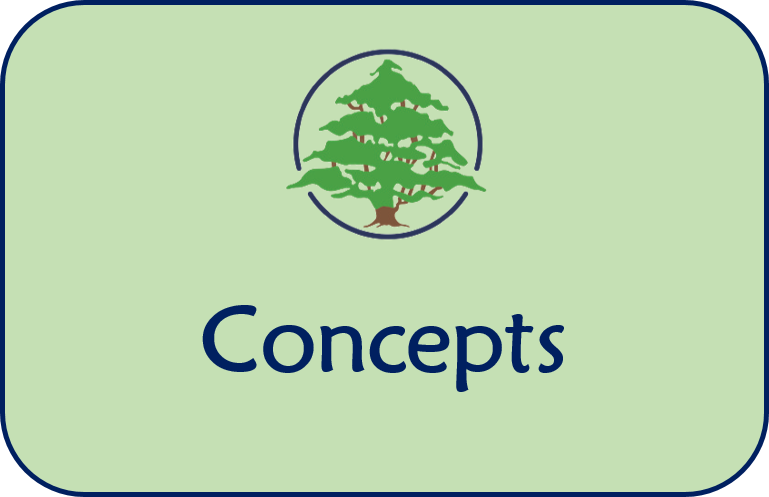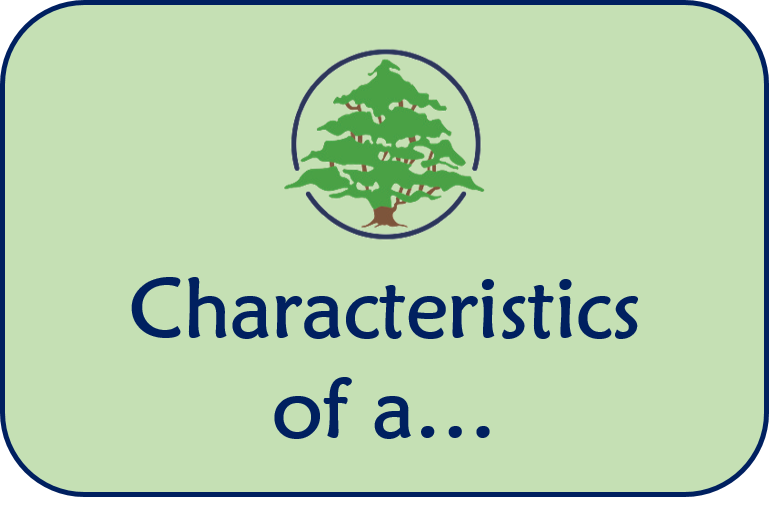Music
Music at Stocksbridge Junior School
At Stocksbridge Junior School, every pupil is a musician. Our music curriculum is designed to encourage children to develop a life-long love and appreciation of music from all around the world, from different generations and from different traditions and communities. We provide pupils with the skills, knowledge and understanding to be confident listeners, performers and composers. We want our pupils to gain a deep understanding of the elements of music and develop a broad and rich vocabulary which they can use to review and discuss the music they listen to, perform and compose. It is our aim to provide pupils with an array of musical opportunities throughout their time at Stocksbridge Junior School so that they are able to continue to develop their musical skills and knowledge in the future.
Intent
We intend for all pupils to develop the musical skills of singing, playing tuned and untuned instruments, improvising and composing music and listening and appraising music. They will develop an understanding of the history and cultural context of the music that they listen to and learn how music can be created and recorded. Through our music curriculum, we also help pupils to develop transferable skill such as team-work, leadership skills, problem-solving, decision-making, and presentations and performance skills. These skills are vital to children’s development as learners both inside and outside school as well as preparing them for their life beyond school.
It is our commitment that pupils access a curriculum that will meet and exceed the requirements and attainment targets from the National Curriculum. We also carefully consider the non-statutory Model Music Curriculum and the National Plan for Music to ensure that our music curriculum is providing the best possible coverage, content and opportunities for our pupils. Our ambitious concepts and end-points ensure that pupils develop a deep understanding of all of the areas of music which they study.
Every pupil, regardless of social disadvantage and SEND, is entitled to an ambitious curriculum. Carefully designed support and adaptive teaching will identify and address gaps in knowledge and skills so that every child can be a successful musician. Our curriculum has been designed with the interest and needs of all of our pupils and is unique to the pupils of Stocksbridge Junior School. It is designed to give every pupil to develop their skills and knowledge and nurture their musical talent.
Implementation
The music curriculum at Stocksbridge Junior School is based on five individual concepts:
- Performing: Pupils will be able to play and perform in solo and ensemble contexts, using their voices and playing musical instruments.
- Listening: Pupils will listen to, review and evaluate music across a range of historical periods, genres, styles and traditions.
- Composing: Pupils will understand how music is created and written and will be able to compose music on their own and with others.
- Elements of music: These are the building blocks of music which are integral to understanding how to perform, compose and describe music. These elements include: pitch, timbre, tempo and dynamics.
- History of music: Our curriculum introduces pupils to a range of music from different periods of time and teaches them to understand, respect and appreciate music from a range of generations.
These five concepts are woven together to create an engaging and enriching learning experience. Music is taught throughout the year in each of the four year groups and Year 3, 4 and 6 study three musical units each academic year. Each five-lesson unit combines these concepts within a cross-curricular topic designed to encourage them to explore music enthusiastically. Each unit is carefully planned to ensure that cross-curricular links are made between music and other subjects. For example, in Year 4, pupils are learning about Ancient Egypt while their music unit is ‘Composition notation’ based on Ancient Egypt and Year 6 learn about songs from World War II whilst they are completing their history units on the world wars.
The whole class glockenspiel units focus on different aspects of world music and are delivered by class teachers. They allow lower key stage 2 pupils to develop their expertise in using a tuned instrument as recommended in the Model Music Curriculum.
Our Y5 pupils are taught whole class clarinets from a member of teaching staff from Sheffield Music Hub. We work closely with the teacher to ensure curriculum coverage is maintained, and end points are achieved.
In order to enable all of our pupils to build up their skills and knowledge in music, units of lessons are taught in a sequence and work towards a range of end-points. Taught throughout each unit are the technical elements of music which are a key part of the National Curriculum. Our curriculum follows the spiral curriculum model which ensures key skills are revisited numerous times through the key stage and each time, in greater depth. This allows our pupils the opportunity to revise their skills and knowledge throughout their time at Stocksbridge Junior School and build upon previous learning. By the end of the key stage, the National Curriculum Attainment Targets are securely met through the progression of skills and knowledge taught throughout each year group.
In order to ensure our staff feel confident to deliver inspiring and creative lessons, we have high quality CPD available to staff through Kapow instructional videos, staff meetings and webinars. We also have support available from Sheffield Music Hub and the contacts we have built through our co-curricular opportunities.
Music Beyond the Classroom
Choir
Stocksbridge Junior School Choir is open to all pupils in school with no audition. We rehearse after school every Monday. We currently have more than 30 pupils attending the choir each week. Every year we take part in Young Voices at the Utilita Arena in Sheffield and several performances in the local community – for example, in July we perform at The Venue in Stocksbridge as part of the Valley Music Festival and in November we perform at the Stocksbridge Leisure Centre Christmas Fair.
Rock Steady Music
Rock Steady Music is a band-based peripatetic music service delivered by professionals in school each week. Pupils can choose to learn guitar, bass, keyboard or voice. They are proud of their inclusive programme which allows all children to learn a musical instrument. At Stocksbridge Junior School, we currently have over 30 pupils taking part in Rock Steady Music Lessons. At the end of each term, the pupils have the opportunity to perform what they have learnt to the rest of the school and to parents and carers. You can find out more on the Rock Steady Music website.
Year 5 Clarinets
Sheffield Music Hub currently visit school for a morning each week to deliver whole class clarinet sessions to our Year 5 pupils. All pupils in year 5 have lessons for one term. This provides pupils with the opportunities to apply their music skills and knowledge to playing a tuned instrument.
Peripatetic Music Lessons and Clarinet Pathways
As well as delivering whole class clarinet lessons, Sheffield Music Hub also deliver weekly peripatetic music lessons for pupils across school on a range of instruments. We also have a group of Y6 pupils who are continuing their clarinet learning from Y5 and have a weekly group clarinet lesson.
Impact
The music curriculum at Stocksbridge Junior School has been designed to provide teachers with opportunities for formative and summative assessment in each unit. Each lesson includes guidance to support teachers in assessing pupils against the learning objectives during an individual lesson. Furthermore, all units include a performance where teachers can make a summative assessment of pupils’ learning and when each unit has been completed, teachers use an assessment quiz to ensure that the knowledge and skills have been obtained for that unit before moving on to the next unit.
Pupils will leave Stocksbridge Junior School equipped with the skills and knowledge they need to succeed in further education and to enjoy and appreciate different types of music for the rest of their lives. They will be confident performers, composers and listeners, understand the ways in which music can be written down to support composing and performing and be able to identify their own musical preferences.
Stocksbridge Junior School Curriculum for Music
The National Curriculum for Music
Purpose of study
Music is a universal language that embodies one of the highest forms of creativity. A high-quality music education should engage and inspire pupils to develop a love of music and their talent as musicians, and so increase their self-confidence, creativity and sense of achievement. As pupils progress, they should develop a critical engagement with music, allowing them to compose, and to listen with discrimination to the best in the musical canon.
Aims
The national curriculum for music aims to ensure that all pupils:
- Perform, listen to, review and evaluate music across a range of historical periods, genres, styles and traditions, including the works of the great composers and musicians.
- Learn to sing and to use their voices, to create and compose music on their own and with others, have the opportunity to learn a musical instrument, use technology appropriately and have the opportunity to progress to the next level of musical excellence.
- Understand and explore how music is created, produced and communicated, including through the interrelated dimensions: pitch, duration, dynamics, tempo, timbre, texture, structure and appropriate musical notations.
Subject content: Key stage 2
Pupils should be taught to sing and play musically with increasing confidence and control. They should develop an understanding of musical composition, organising and manipulating ideas within musical structures and reproducing sounds from aural memory.
Pupils should be taught to:
- Play and perform in solo and ensemble contexts, using their voices and playing musical instruments with increasing accuracy, fluency, control and expression.
- Improvise and compose music for a range of purposes using the interrelated dimensions of music.
- Listen with attention to detail and recall sounds with increasing aural memory.
- Use and understand staff and other musical notations.
- Appreciate and understand a wide range of high-quality live and recorded music drawn from different traditions and from great composers and musicians.
- Develop an understanding of the history of music.
Music development plan
Schools are asked to publish a music development plan that captures their curricular and co-curricular offer and sets out how it will be staffed and funded.


